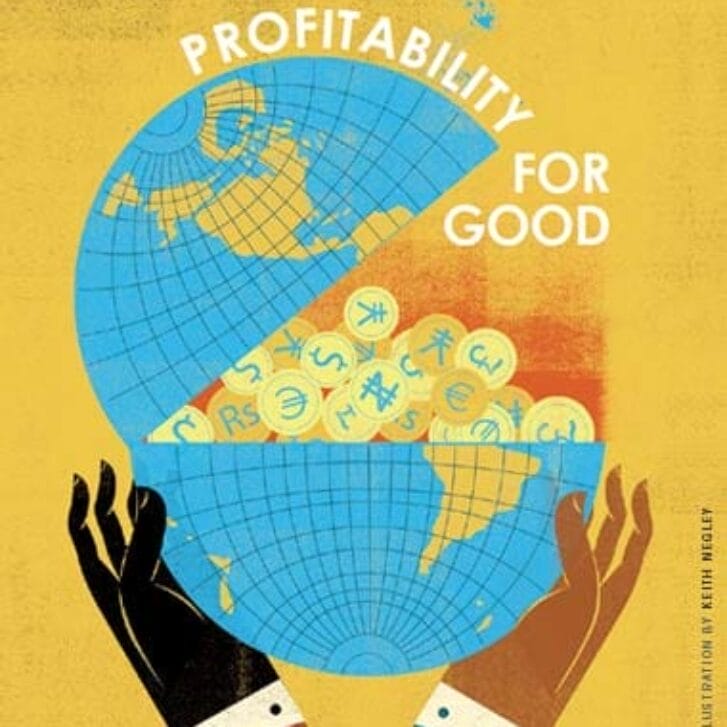The following is taken from Lawrence Zicklin’s address to incoming students at this year’s MBA Student Convocation.
When we talk about ethics, we’re not talking about the obvious, or about what is right and wrong. Rather, we’re talking about the subtleties of the gray area and what is more right and less wrong. We’re talking about the moral minefield of a business life, where so many decisions involve not only business judgments, but ethical problems that have the potential to harm both you and your company. You will be making those decisions in that minefield almost every day.
Good ethics inevitably involves good judgment, and that means not taking unnecessary risks. If the risk is high enough, it doesn’t matter what the probability is: you can’t afford it. You only have to be wrong once to destroy your reputation or that of your company. That’s where judgment enters the picture. It’s judgment that separates the mediocre from the superior.
So what is judgment? It’s your capacity to understand a situation early and then take the proper action before it’s too late. Developing good judgment means being curious, listening and learning from your mistakes. Successful executives are also able to learn from the errors of others and change their view when the evidence demands change. And judgment isn’t all about experience. You need intelligent reasoning to be applied to that experience or else it doesn’t work.
To have good judgment you have to be able to look at the same set of facts as everyone else but draw better conclusions. Remember that judgment comes from looking at a mosaic of incomplete information, at a time that is not of your choosing, while the clock is ticking and the pressure to make a decision is most intense.
Permit me to offer you a few tips:
- Staying out of trouble is difficult, but getting out of trouble is impossible.
- Put a special emphasis on working with companies and people of good character.
- Be tolerant of business errors but be ruthless with people who put your reputation or your company’s reputation in danger.
- Solving your problems before they become critical will pay dividends.
- Be sensitive to facts that conflict with your preconceived notions.
- You have to be disciplined to accept what is, and change your view when what is conflicts with what you would like or expect.
- Have courage.
- People respect those who express an honest difference of opinion.
- Pay attention to the New York Times theory.
- Would you be embarrassed if what you are about to do was on the front page?
- Finally, make sure you tell the truth and keep your word.
In the end, one of the determinants of your own success in school and in life will revolve around your values and your judgments. You have all the talent and ability that you need to succeed. Otherwise you wouldn’t be here. So take advantage of what it offered. Refine your values and sharpen your judgment. The rest will take care of itself.


























